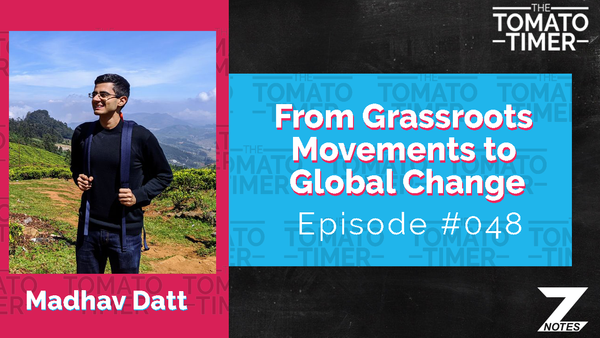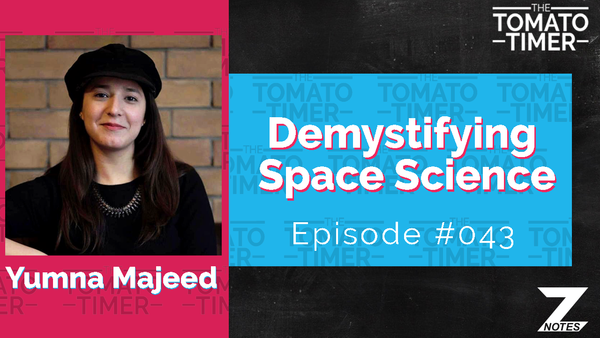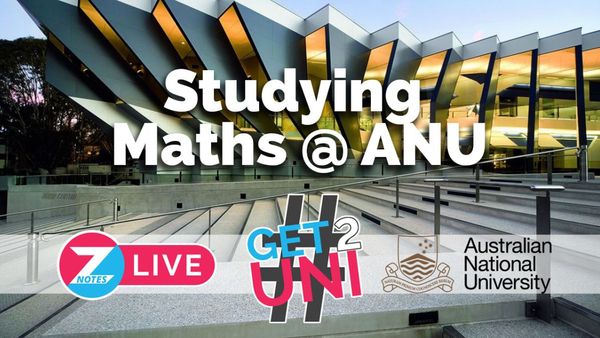TTT #13: "The Stem Cell Episode" with Emily Read
Stem cells, today, as portrayed by the media and its hype, seem to be a miraculous solution to curing every disease that exists. In this episode, Emily Read gives us a first-hand gist of stem cells and practical insights into their potential.
One thing that distinguishes stem cells is their ability to develop into specialized types of cells on dividing. The question that arises from this is the inherent capacity up to which this is possible. If stem cells can organize themselves into different types, could we not manipulate them to turn into whatever we desire?
To answer this question, Emily believes that the limitations posed should be kept in mind too.
There’s a lot of hype especially in the media about stem cells being this wonderful silver bullet for almost every single disease which isn’t the case.
Emily talks about the stem-cell niche, referring to the surrounding environment interacting with the cells. Sure, we can manipulate stem cells, but one of the challenges we face is preventing altering their niche in a way that they end up losing the characteristics that make them different.
Going into the ethical concerns of developing STEM cells as raised by many, Emily draws in analogy with genetic editing. Despite being potential cures for so many debilitating diseases, many worry about the negatives, such as designer babies. Just like this, there is a possibility of people misusing the capacities of STEM cells. But with appropriate regulations, Emily thinks, this should not be a hindrance to what it can medically achieve.
STEM can be an exhausting field, and the depictions of the same might lead many of us to reconsider related career pathways. Emily believes that if the area interests us, such inhibitions should not keep us away from exploring it. Universities today provide immense mental health support, and there is a growing conversation about the same. So, while the field might require tremendous inputs, striking a balance and managing time is conveniently possible.
She also talks about the need to view failures differently. Failing does not have to make us question our worth and capabilities. Instead, they tell us about the need to change our approach and reconsider our process.
It is crucial to have an open mind and broaden our horizons instead of restricting ourselves too much, especially amidst the presence of alternatives that might be more well-suited. Opportunities are there, but be sure to grab the right ones and continue to explore!




